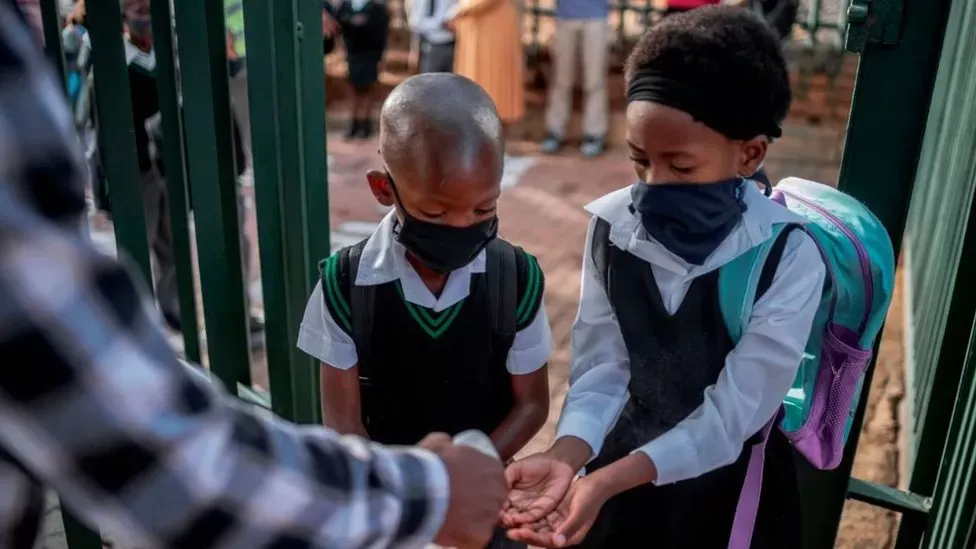Study: 81% of 10-Year-Old South Africans Battle to Read
According to a study published Tuesday, which tested the reading ability of 400K students globally, 8 out of 10 10-year-old school children in South Africa struggle with reading comprehension.

Facts
- According to a study published Tuesday, which tested the reading ability of 400K students globally, 8 out of 10 10-year-old school children in South Africa struggle with reading comprehension.1
- The literacy of 9- and 10-year-old fourth graders in South Africa ranked last out of 57 countries assessed in the 2021 Progress in International Reading Literacy Study (PIRLS), scoring 288 points compared with the international average of 500.2
- While South Africa's child literacy rate observed by the PIRLS in 2016 was 78%, the 2021 study shows that 81% of South African children struggle to read in any of the country's 11 official languages.1
- The study also shows that more than 30% of South African children entering second grade don't know the alphabet.3
- The country's education minister, Angie Motshekga, blamed the "disappointingly low" findings on "historical challenges," including poverty, inequality, and inadequate infrastructure, as well as school closures due to COVID.4
- Furthermore, Motshekga admitted that reading instruction in many primary schools often "focuses solely on oral performance, neglecting reading comprehension and the meaning of written words."5
Sources: 1BBC News, 2WION, 3VOA, 4News24, and 5Africanews.
Narratives
- Narrative A, as provided by UNICEF. The negative and dire consequences of the pandemic erased a decade of progress in reading outcomes and put brakes on the government's program to improve primary education. In addition, unprecedented disruptions resulted in severe loss of teaching time for children at a crucial stage of their developmental journey.
- Narrative B, as provided by The Africa. It's unfair to blame COVID, as multiple factors — including a lack of textbooks and libraries, inadequate infrastructure, and significant inequality between black and white students — are responsible for the longstanding education crisis in South Africa. The country has also been marked by the poor education imposed on the majority black population, who are partly illiterate and find it challenging to help their children learn to read.






